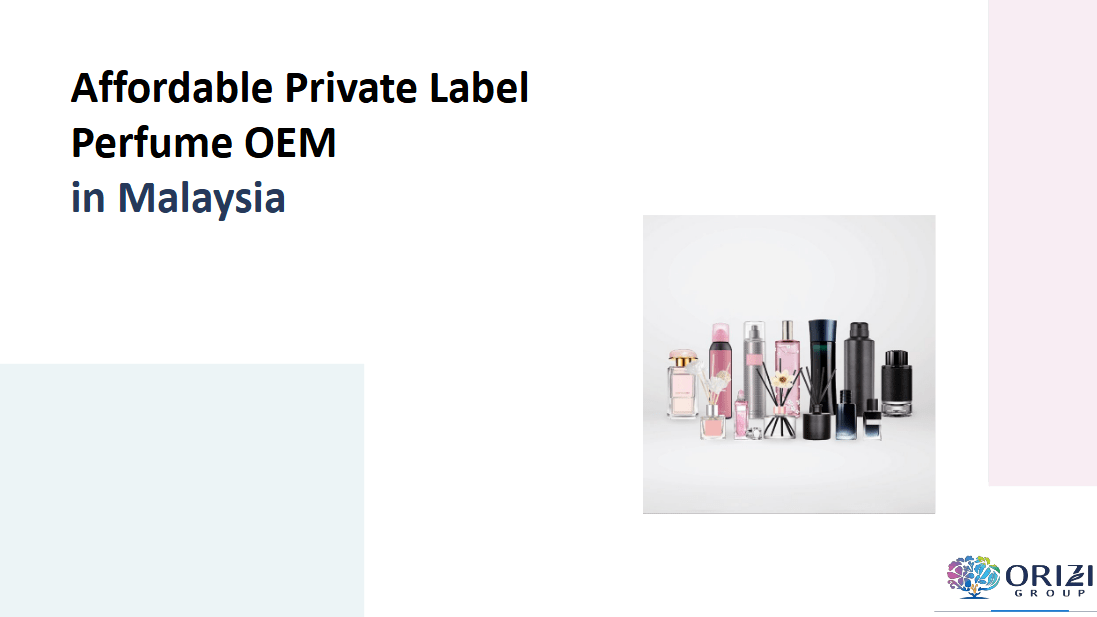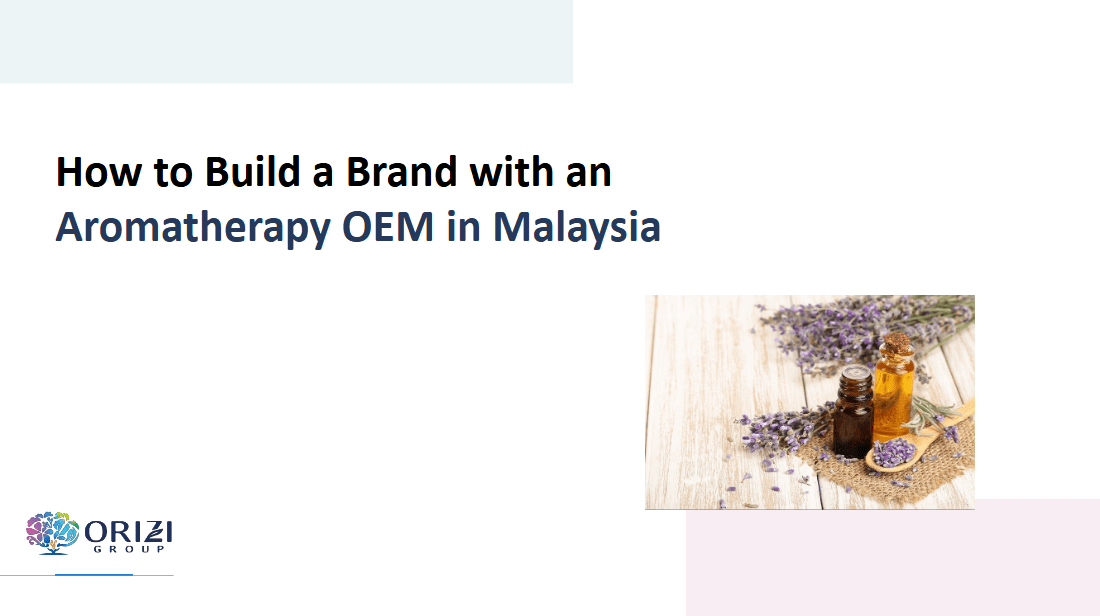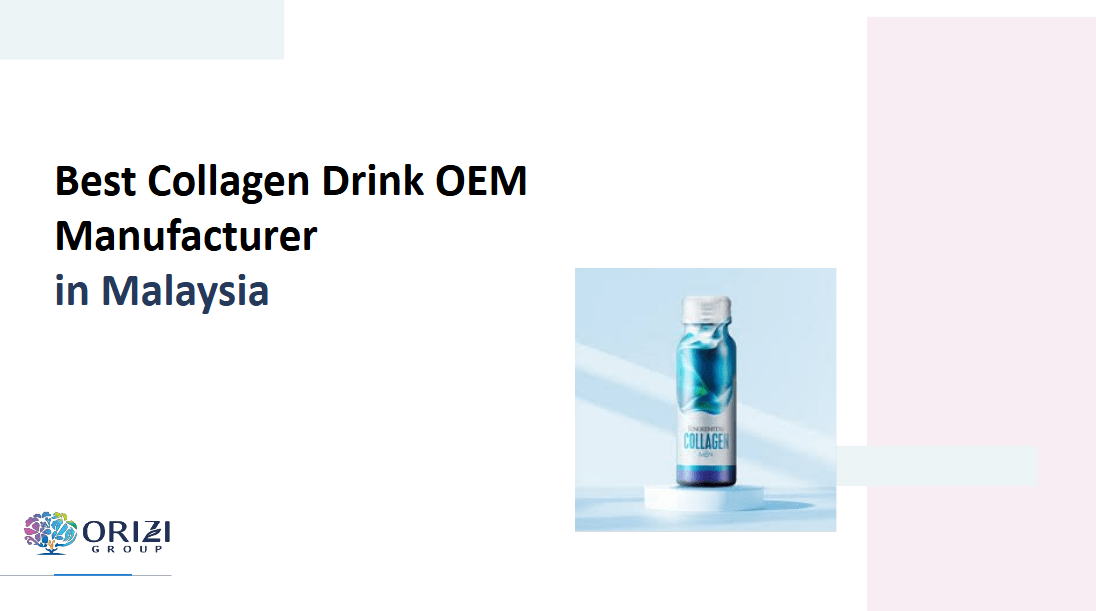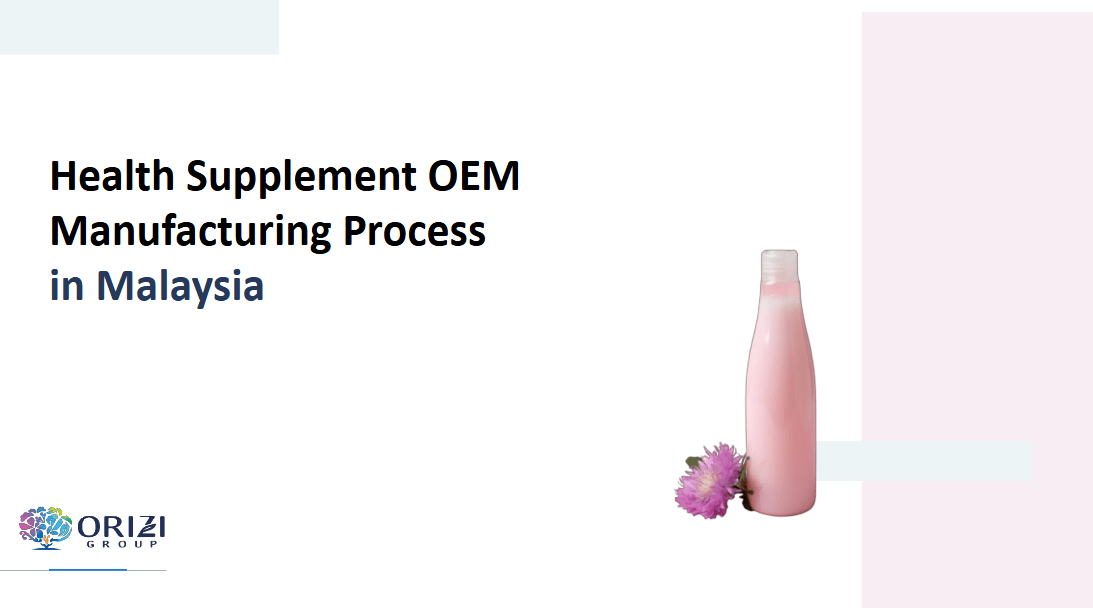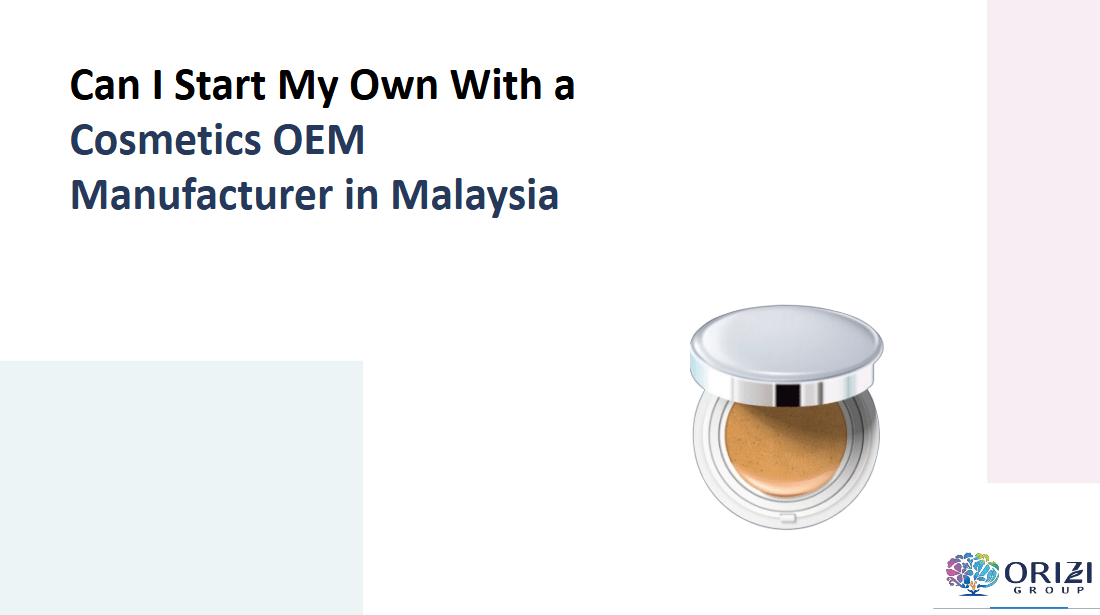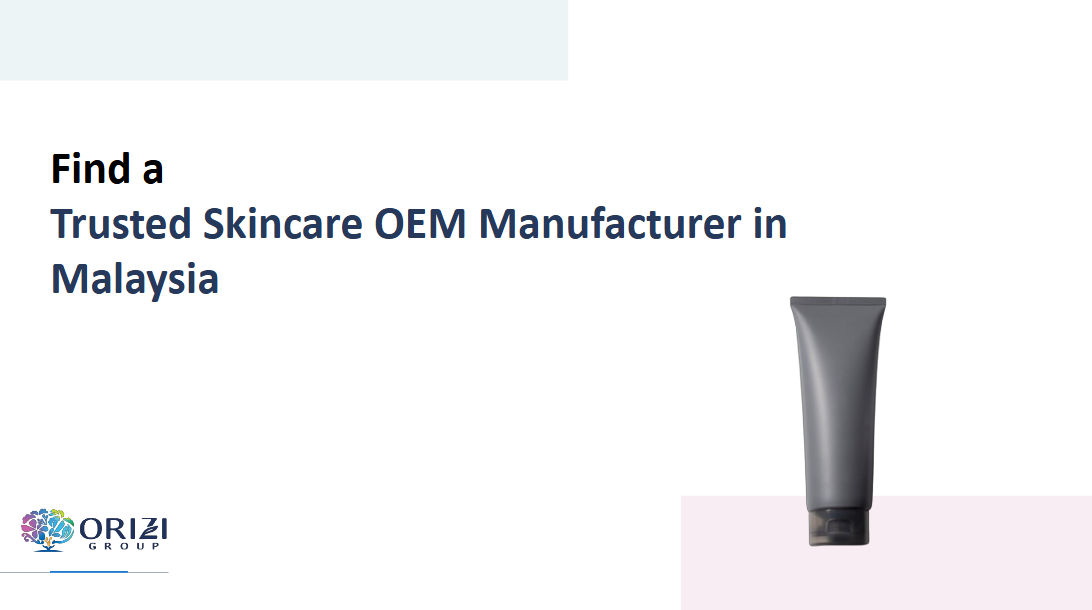
Table of Contents
The skincare industry in Malaysia is booming — and entrepreneurs worldwide are turning to local manufacturers to create their own brands. But not all factories are created equal. If you’re planning to launch your private label skincare brand, choosing a trusted OEM manufacturer in Malaysia is the first and most crucial step. In this guide, we’ll show you how to find the right partner, what certifications to look for, and how Malaysia has become a leading hub for OEM beauty manufacturing.
Why Malaysia for Skincare OEM Manufacturing?
Malaysia offers a unique blend of regulatory compliance, multicultural formulation knowledge, and Halal-certified production, making it a rising leader in the global OEM skincare industry.
Key reasons to choose Malaysia:
- Access to ISO 22716 and GMP-certified facilities.
- Halal-certified skincare production for Muslim-friendly markets.
- Skilled workforce with cosmetic R&D expertise.
- Competitive cost structure compared to Korea, Japan, or Europe.
- Multi-lingual business communication: English, Malay, Chinese.
From hydrating serums and acne creams to sunscreens and natural oils, Malaysia’s OEM factories cater to all categories with flexible MOQs and ready formulations.
What Makes a Trusted OEM Skincare Partner?
Choosing the right manufacturer is more than finding a factory — it’s about finding a strategic partner that will grow with your brand. Here’s what to look for:
| Quality | Why It Matters |
|---|---|
| Transparency | Clear communication and project updates |
| Regulatory knowledge | Ensures compliance with NPRA, ASEAN guidelines |
| Custom formulation | Ability to develop unique active blends |
| In-house R&D team | Faster sample turnaround and innovation |
| Low MOQ flexibility | Supports small brands and startups |
| Branding & packaging support | End-to-end private label services |
The best OEM manufacturers are proactive, responsive, and knowledgeable about market trends, especially in K-beauty, natural ingredients, and clinical skincare.
Certifications and Compliance: What to Expect
In skincare, quality and safety aren’t optional — they’re required. Trusted Malaysian OEMs will be certified with:
- ISO 22716 (Cosmetic GMP) – International standard for good manufacturing practice in cosmetics
- GMP (NPRA) – Malaysia’s guideline for quality and hygiene
- Halal by JAKIM – Ensures Muslim market compliance and global exportability
- KKM / NPRA Notification Support – Assists with product registration in Malaysia
Some also offer export support for ASEAN Cosmetic Directive, EU, US FDA (cosmetic products), and more.
Questions to Ask Before Choosing a Manufacturer
Before signing any OEM contract, ask these essential questions:
- Do you provide samples and lab testing?
- What is your minimum order quantity (MOQ)?
- Can I customize the formulation, texture, or scent?
- Are you able to source sustainable or certified ingredients?
- What is the lead time for production and delivery?
- Do you offer label, box, and design services?
- What support do you offer for product notification or export registration?
Their answers will help you judge not just capabilities — but also attitude and reliability.
Spotlight: Malaysia’s Growing OEM Skincare Ecosystem
Malaysia is no longer just a manufacturing base — it’s a full beauty business ecosystem:
- Incubation for new skincare brands
- Creative packaging options (eco-friendly, minimalism, luxury)
- Active ingredient access (Niacinamide, Centella, Peptides, Ceramides)
- Export-ready infrastructure
- Experienced in both OEM and ODM models
Whether you’re starting with a serum, facial cleanser, whitening cream, or mask, Malaysia has the OEM talent to turn your idea into a branded product — fast.
Finding a trusted OEM skincare manufacturer in Malaysia starts with understanding what makes a partner reliable: certifications, formulation capabilities, transparency, and full support. The country’s strong foundation in GMP and Halal compliance, combined with flexibility and cost-efficiency, makes Malaysia a top destination for global and local skincare entrepreneurs.
Before you commit, visit the facility if possible, ask the right questions, and make sure your values align — from sustainability to product philosophy.

